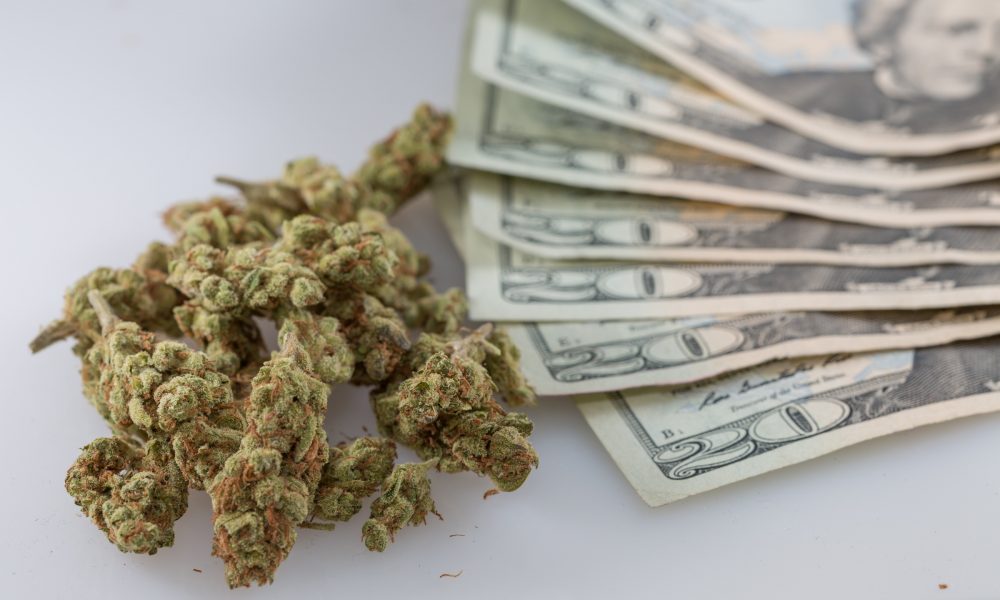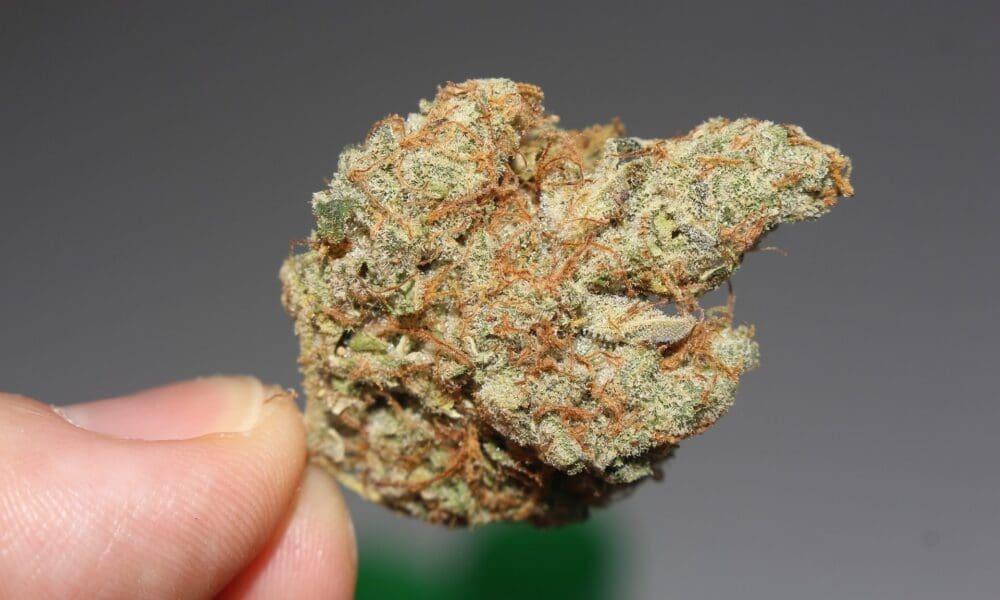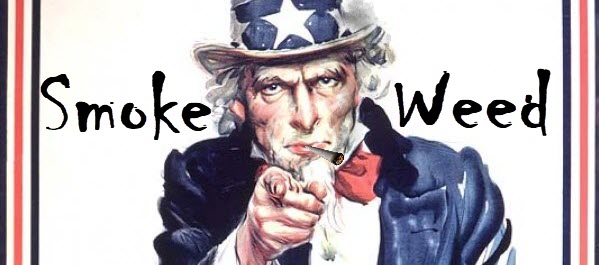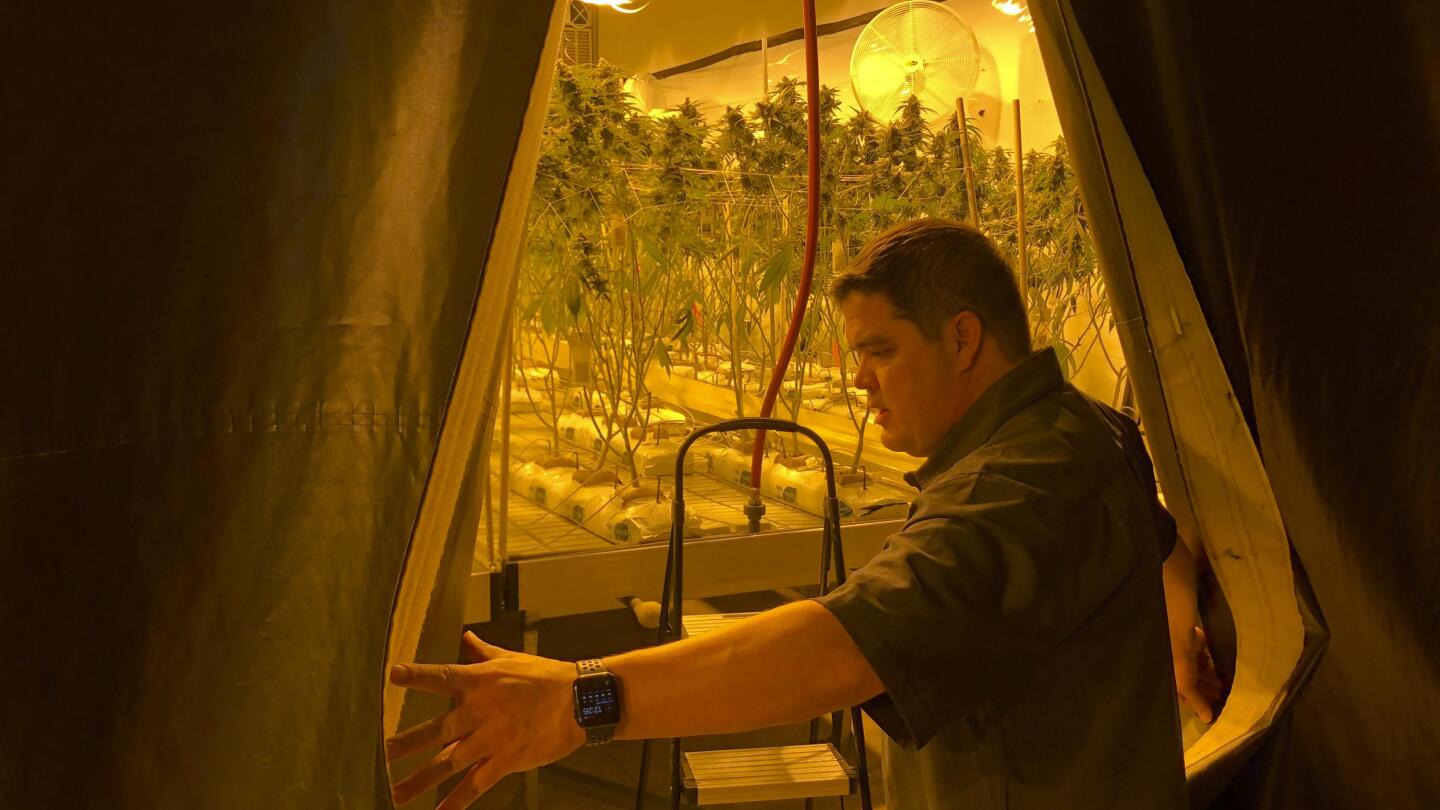The weed you’re buying might not make you as high as you hoped.
A
study conducted by researchers at the University of Northern Colorado tested samples of cannabis sold at several Colorado dispensaries. Overall, they found that the product labels promised a potency higher than what was actually in the bags.
The study’s findings demonstrate the lack of regulation in the nation’s
burgeoning cannabis industry and suggest that many buyers may be getting duped into believing their purchase will have a stronger concentration of THC, the psychoactive compound responsible for the euphoric “high” that weed delivers. Researchers say it is the first peer-reviewed study to examine empirically the potency of commercially available cannabis.
“I don’t believe what’s on the label,” said Mit McGlaughlin, one of the authors of the study and a professor of biological sciences at the University of Northern Colorado. “We just don’t have enough information for consumers about whether or not you can trust what’s being produced.”
Testing weed for THC
To conduct the study, researchers bought 23 different samples of cannabis flowers from 10 dispensaries in Denver, Fort Collins and Garden City, Colo. They tested each sample to measure the concentration of THC, which stands for Delta-9-tetrahydrocannabinol.
In 18 of the 23 samples, which carried names including Sour Amnesia, Danky Kong and Colombian Gold ’72, the researchers found levels of potency below what was listed on the labels. Depending on the bag tested, some products contained 40 to 50 percent less THC than the labels promised. The amount of THC detected in the lab was, on average, 23 percent lower than the amount listed on the bags of cannabis.
Five samples contained levels of THC either within the range or close to those listed on the labels. “These results make clear that consumers are often purchasing cannabis that has a much lower THC potency than is advertised,” the authors of the study concluded.
















